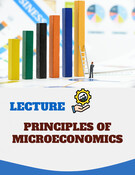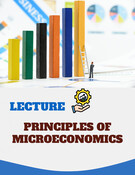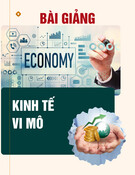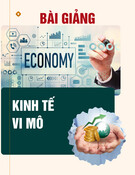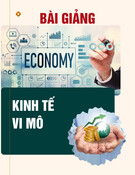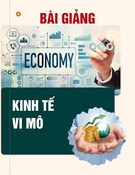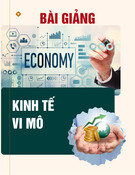
1
Ten Principles of
Economics
Premium
PowerPoint
Slides by
Ron Cronovich
2012 UPDATE
© 2013 Cengage Learning. All Rights Reserved. May not be copied, scanned, or duplicated, in whole or in part, except for use as
permitted in a license distributed with a certain product or service or otherwise on a password-protected website for classroom use.
N. Gregory Mankiw
Microeconomics
Principles of
Sixth Edition

1
© 2013 Cengage Learning. All Rights Reserved. May not be copied, scanned, or duplicated, in whole or in part, except for use as
permitted in a license distributed with a certain product or service or otherwise on a password-protected website for classroom use.
In this chapter,
look for the answers to these questions:
•What kinds of questions does economics
address?
•What are the principles of how people make
decisions?
•What are the principles of how people interact?
•What are the principles of how the economy as
a whole works?

2
© 2013 Cengage Learning. All Rights Reserved. May not be copied, scanned, or duplicated, in whole or in part, except for use as
permitted in a license distributed with a certain product or service or otherwise on a password-protected website for classroom use.
What Economics Is All About
▪Scarcity: the limited nature of society’s
resources
▪Economics: the study of how society manages
its scarce resources, e.g.
▪how people decide what to buy,
how much to work, save, and spend
▪how firms decide how much to produce,
how many workers to hire
▪how society decides how to divide its resources
between national defense, consumer goods,
protecting the environment, and other needs

The principles of
HOW PEOPLE
MAKE DECISIONS

4
© 2013 Cengage Learning. All Rights Reserved. May not be copied, scanned, or duplicated, in whole or in part, except for use as
permitted in a license distributed with a certain product or service or otherwise on a password-protected website for classroom use.
PRINCIPLE #1:
People Face Tradeoffs
All decisions involve tradeoffs. Examples:
▪Going to a party the night before your midterm
leaves less time for studying.
▪Having more money to buy stuff requires
working longer hours, which leaves less time
for leisure.
▪Protecting the environment requires resources
that could otherwise be used to produce
consumer goods.




